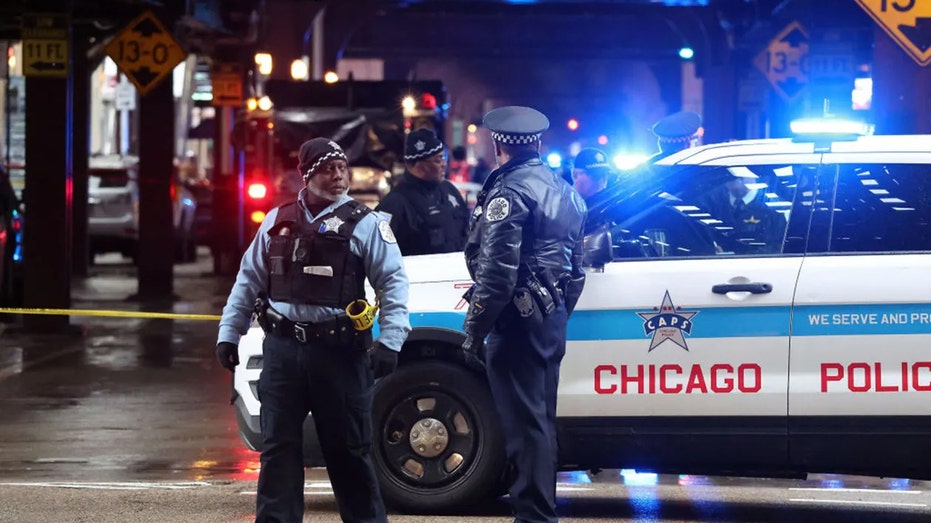A staggering $112 million judgment has been levied against Suffolk County, stemming from a case involving the detention of hundreds of individuals following interactions with Immigration and Customs Enforcement (ICE). The ruling, delivered by US District Court Judge William F. Kuntz II, centers on claims of unlawful detainment and violations of constitutional rights.
The legal battle began with a single plaintiff, a Guatemalan resident of Long Island, who alleged he was held beyond his designated release date. His arrest in 2017, initiated with a routine inquiry about immigration status, spiraled into a prolonged detention despite a $1,000 bail being posted by a family member.
Crucially, the plaintiff was never informed his bail had been paid. Instead of being released, he was transferred from a local jail to detention centers in both Manhattan and New Jersey, a journey that ignited a broader legal challenge.

What started as an individual complaint quickly evolved into a class action lawsuit, encompassing the cases of 674 individuals. The core argument rested on New York state law, which restricts local law enforcement’s ability to hold individuals for federal immigration authorities.
The judge’s decision found Suffolk County and its Sheriff’s Office financially liable for violating the due process rights guaranteed by the 14th Amendment. The county is now responsible for compensating those who were held even after fulfilling bail requirements or resolving their legal cases.
Plaintiffs’ attorney José Pérez hailed the ruling as a victory for accountability, emphasizing that the jury affirmed the county’s actions had disregarded fundamental constitutional protections. The case underscores the complex interplay between local law enforcement, federal immigration policies, and individual liberties.
The circumstances surrounding the plaintiff’s detention were particularly troubling. After his arrest in Central Islip, the promise of release upon fulfilling bail was seemingly ignored, leading to a series of transfers and an extended period of confinement.
This outcome represents a significant financial burden for Suffolk County residents and raises critical questions about the procedures governing detention practices in relation to immigration enforcement. The case serves as a stark reminder of the potential consequences when due process is compromised.




